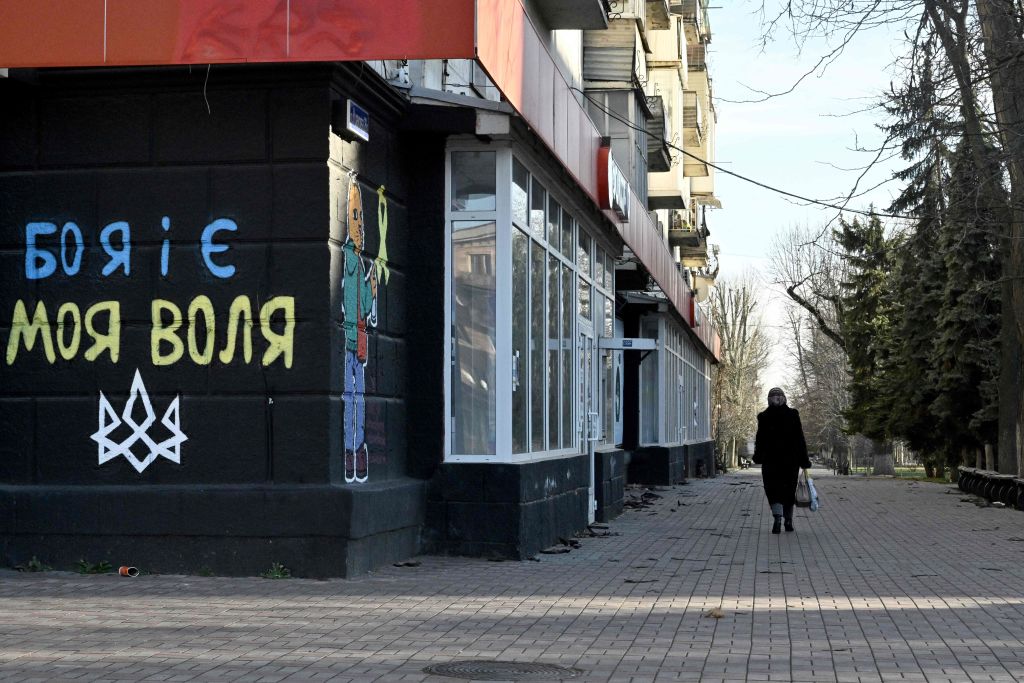Soon after Russia invaded Ukraine, a former US government official visited Kiev to inquire how he could help to supply humanitarian aid to the people on the front line. He had formed a non-profit agency, raised $2 million and provided over 70 ambulances to help Ukrainian soldiers and citizens. But during his visit he was shocked to learn about the high level of corruption.
‘Sanctioning successful companies should not be done to clear out competitors or punish someone you don’t like’
While driving to Nikolaev, George Tuka, a former deputy minister, briefed him on how corruption was endemic and intractable in Ukraine. ‘I don’t believe you’, replied the former official, who had received high honours for his humanitarian work during the war. ‘You’re just saying that because you are a political opponent of Zelensky.’ But during his next visit the American, a former senior official in the US Agency for International Development, was sitting in the car with Tuka when the radio announced the then head of the Ukrainian Supreme Court, Vsevolod Kniaziev, had been arrested and detained on suspicion of taking a bribe (Kniaziev’s trial has not yet taken place and he denies any wrongdoing).

Get Britain's best politics newsletters
Register to get The Spectator's insight and opinion straight to your inbox. You can then read two free articles each week.
Already a subscriber? Log in






Comments
Join the debate for just £1 a month
Be part of the conversation with other Spectator readers by getting your first three months for £3.
UNLOCK ACCESS Just £1 a monthAlready a subscriber? Log in